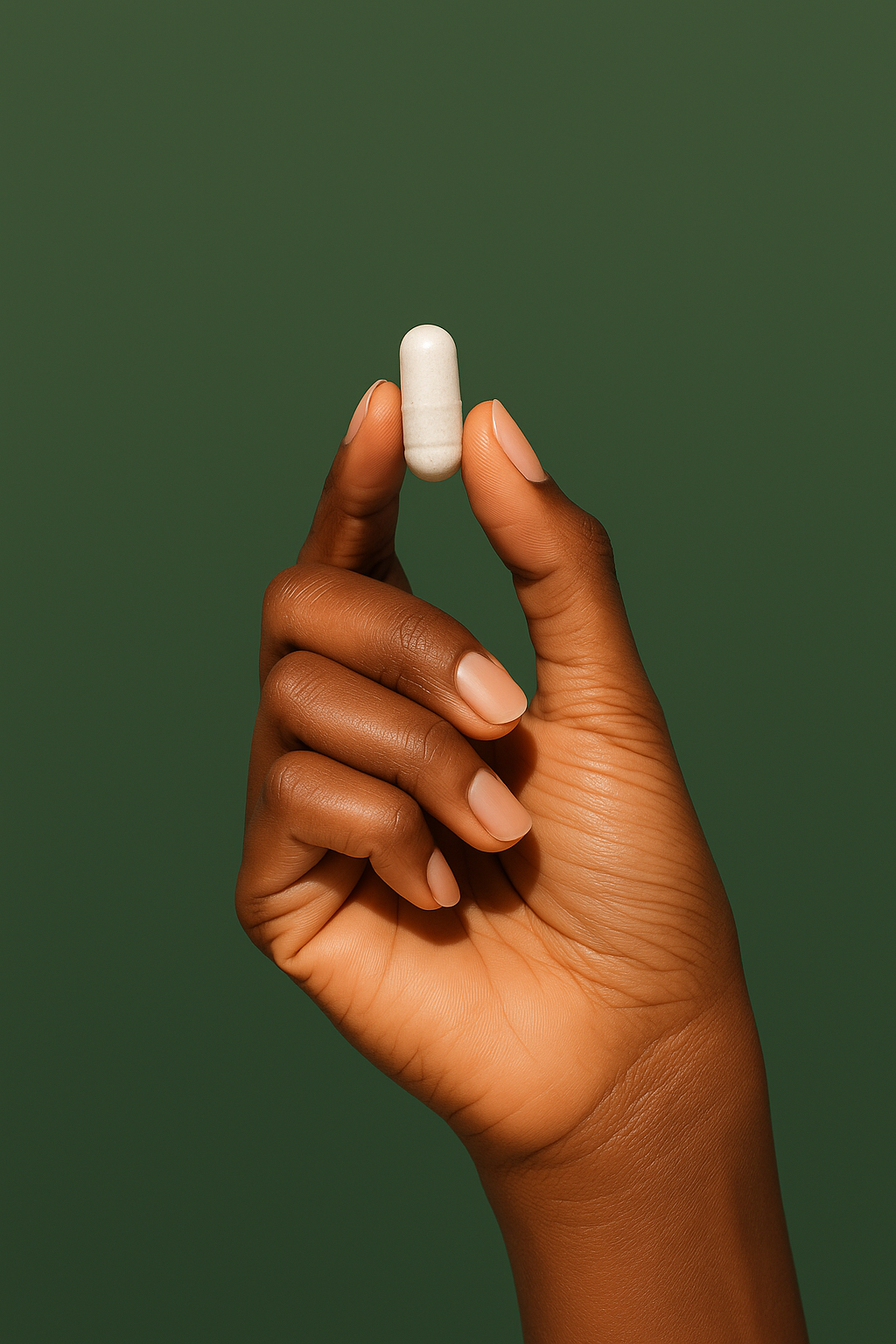Low Dose Naltrexone (LDN)
Low Dose Naltrexone (LDN) is an off-label, low-dose use of the FDA-approved drug Naltrexone. According to LDN Research Trust, it is considered by some practitioners to be a cost-effective option under medical supervision. It’s currently being studied for its effects on immune system regulation.
Recently, LDN has gained attention in research and clinical settings for its investigational role in various health conditions.
Here is what patients can expect when exploring LDN as part of a broader care plan.
Disclaimers:
LDN is not FDA-approved for autoimmune, chronic pain, or mental health conditions. This content is for educational purposes only and should not replace medical advice.


Why LDN?
LDN is being explored in research and clinical practice for its potential role in various health conditions.
While definitive conclusions are still under investigation, practitioners have observed promising anecdotal and preliminary outcomes in the following areas:
Autoimmune Diseases
Some early studies and patient reports suggest LDN may support patients with autoimmune conditions by modulating the immune response. Conditions under investigation include:
- Hashimoto’s Thyroiditis
- Crohn’s Disease
- Multiple Sclerosis (MS)
- Rheumatoid Arthritis
- Psoriasis
Chronic Pain Conditions
Because of its potential anti-inflammatory properties and possible effect on endorphin production, LDN is also being studied in chronic pain contexts such as:
- Fibromyalgia
- Complex Regional Pain Syndrome (CRPS)
- Neuropathic Pain
Emerging Areas of Research
LDN is also being researched for possible benefits related to:
- Chronic Fatigue Syndrome (ME/CFS)
- Post-viral syndromes (e.g., Long COVID)
- Certain skin conditions
- Mental health symptoms, such as anxiety and low mood, are areas of emerging research due to LDN’s possible interaction with the endorphin system.

LDN Dosage and Administration
LDN doses are significantly lower than the 50 mg typically used to treat substance use disorders.
Dosage for LDN
- Starting Dose: Practitioners often start patients at 0.5 mg to 1.5 mg at bedtime.
- Titration: The dose may gradually increase every 2–4 weeks up to 4.5 mg, depending on tolerance and goals.
- Administration: Typically taken orally at night to align with natural endorphin cycles.

Potential Side Effects of LDN
LDN is generally well-tolerated when introduced gradually.
Reported side effects are usually mild and temporary.
Speak with your doctor for medical advice about side effects.
You may report side effects to the FDA at 1-800-FDA-1088.
Common Side Effects
- Sleep Changes: Vivid dreams or mild sleep disturbance, typically resolving within weeks
- Digestive Issues: Mild nausea or appetite changes
- Energy Fluctuations: Some patients feel more tired or more alert during early use
Managing and Minimizing Side Effects
- Starting at a low dose helps minimize side effects
- Working with a provider can help adjust dosage and timing
Important Considerations
- Opioids: LDN should not be taken by individuals using opioid-based medications, as it can interfere with their effects.
- Thyroid Medication: Patients with thyroid conditions may require dose adjustments after starting LDN.
- Medication Interactions: Always review your medications with a healthcare provider before beginning LDN therapy.

How It Works: The Unique Mechanism of LDN
While the exact mechanism is still being researched, LDN appears to function through two main pathways:
- Endorphin Modulation: Temporary receptor blockade may encourage the body to increase its natural endorphin production, potentially supporting mood and pain tolerance.
- Immune Regulation: Some research suggests that LDN may help regulate immune activity by modulating cytokine and T-cell activity.
Find an LDN Provider Near You
Due to its specialized nature, finding a healthcare provider knowledgeable about LDN therapy is important. If you are looking for an LDN provider or a compounding pharmacy near you, Craft Telemedicine may be the answer!
Our clinic specializes in innovative treatments like Low Dose Naltrexone. Our providers are dedicated to creating personalized treatment plans that address your unique symptoms and health goals. We cut through the confusion and provide a clear, direct path to the care you deserve, all through convenient and private online consultations.
Contact us today to learn more or to schedule a consultation with one of our providers.
LDN is usually taken orally at bedtime in capsule or liquid form, as prescribed by your healthcare provider.
LDN may briefly block opioid receptors, which can lead to increased endorphin production and potential immune modulation.
Common side effects may include vivid dreams, mild nausea, or changes in energy, usually temporary.
LDN should be avoided by individuals using opioids or with certain medical conditions unless cleared by a doctor.
Speak with your provider about adjusting the dosage or timing to improve tolerance.
Naltrexone is FDA-approved for addiction treatment, but low-dose use is considered off-label.
Naltrexone is FDA-approved for addiction treatment, but low-dose use is considered off-label.
Duration varies and should be determined based on treatment goals and provider recommendations.
Track your symptoms regularly and review progress with your healthcare provider.
Craft Telemedicine partners with certified U.S. compounding pharmacies that are PCAB Accredited, USP-800 Compliant & LegitScript Certified. Each batch meets strict quality and purity standards.

